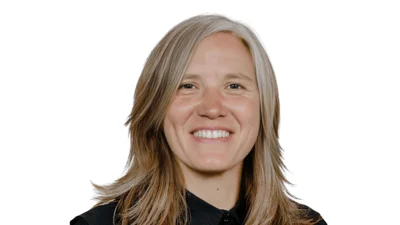Sameer Vohra, MD, JD, MA Director at Illinois Department of Public Health | Official website
Sameer Vohra, MD, JD, MA Director at Illinois Department of Public Health | Official website
The Illinois Department of Public Health (IDPH) is inviting proposals from local health departments and community-based organizations for a Health Equity Zone (HEZ) pilot project. This initiative aims to eliminate health disparities through innovative practices in designated geographic areas. Interested parties have until December 3 to apply for up to $500,000 in grant funding.
The HEZ program, backed by a $1 million appropriation from the General Assembly, stems from the department’s Healthy Illinois 2028 State Health Improvement Plan (SHIP) and State Health Assessment (SHA). These plans prioritize addressing racism as a public health crisis. The IDPH leads this effort in collaboration with the University of Illinois Chicago School of Public Health.
“Public health, at its core, is about the health of communities,” stated IDPH Director Dr. Sameer Vohra. “IDPH is excited to partner with our local leaders to create innovative, cross-sector, community-led solutions to address health disparities and improve outcomes. These Health Equity Zone pilots aim to provide community members with the resources they need to identify local assets and develop solutions for their most pressing challenges.”
Two selected projects will receive technical assistance to support multi-sector collaboratives in planning and implementing public health preventative solutions targeting high-priority health inequities within specific geographic areas. Proposals should integrate two or more service sectors such as healthcare, education, housing, social services, transportation, justice, environmental protection, or related fields.
“While we know that health disparities have persisted for far too long, the COVID-19 pandemic brought home the stark impact of these historic inequities through higher rates of deaths and hospitalizations,” commented IDPH Assistant Director Dr. Janice Phillips. “Through the HEZ program, we are looking to tap the knowledge and creativity of our local partners, those who know their communities best. The goal is to develop focused interventions that will have a meaningful and measurable impact on people’s health and well-being.”
Applications are open to local health departments or other organizations capable of leading a collaborative HEZ project by developing interventions tailored to their communities' unique assets and challenges. Awarded HEZs must align their interventions with priorities outlined in SHIP or local assessments like IPLAN.
Released at the start of 2024, the Healthy Illinois 2028 plan serves as a blueprint for building a responsive public health infrastructure aimed at improving equitable access to care across Illinois. It outlines five major priorities: racism as a public health crisis; chronic disease; COVID-19 and emerging diseases; maternal and infant health; mental health; and substance use disorder.
Further details about the HEZ grant opportunity can be found on the IDPH Grants page.






 Alerts Sign-up
Alerts Sign-up